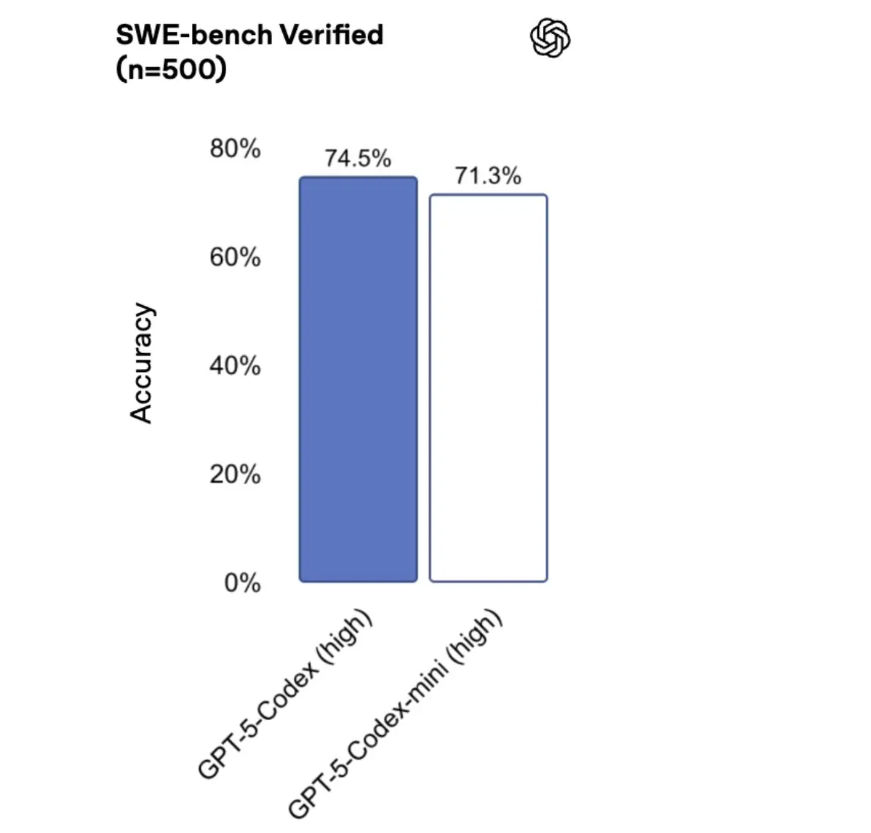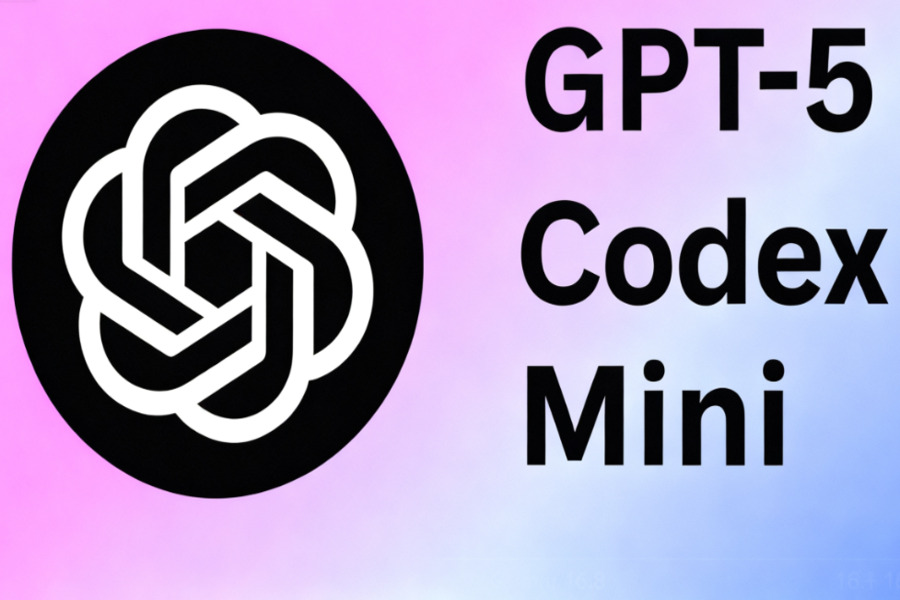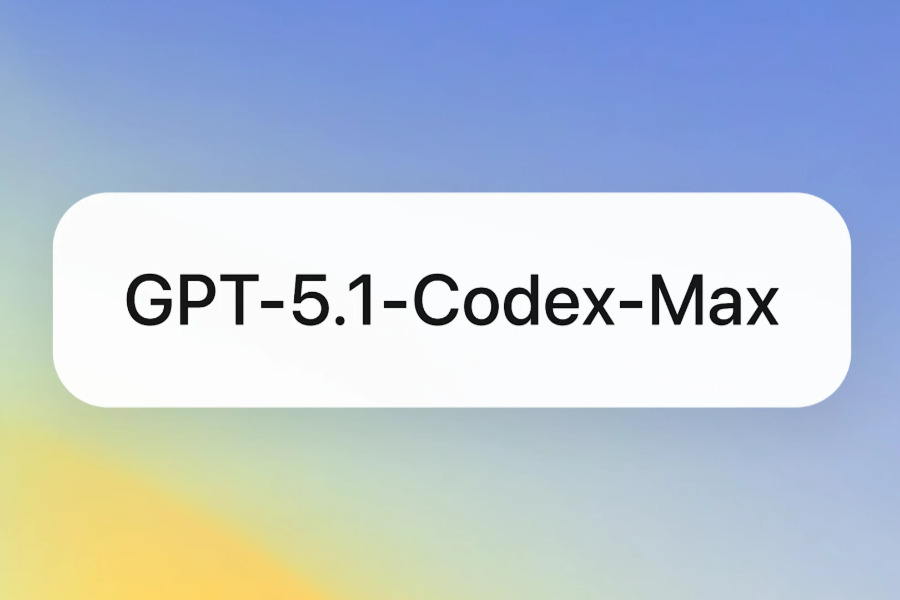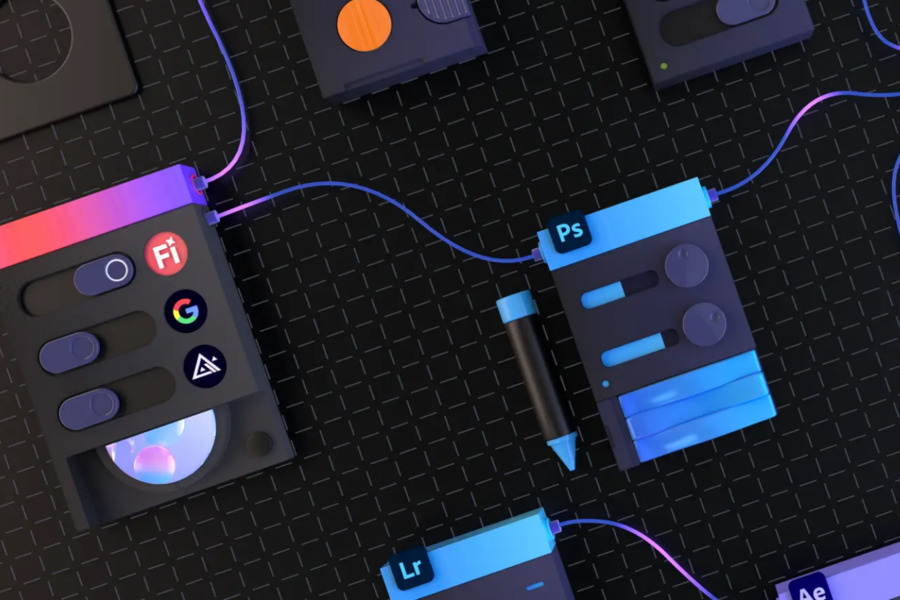OpenAI has officially unveiled a new lightweight model, GPT-5 Codex Mini, designed to deliver more efficient and cost-effective code generation capabilities. The release aims to offer developers greater flexibility in selecting AI tools tailored to their needs. Alongside the new model, OpenAI has expanded usage quotas for Codex, allowing users to access more calls under existing subscription plans and credit systems.
This strategic update underscores OpenAI’s commitment to refining its service infrastructure. Significant adjustments have been made to rate limits, with increases of approximately 50% for ChatGPT Plus, Business, and Edu users.
This enhancement ensures smoother request processing and reduces interruptions during peak usage. Meanwhile, ChatGPT Pro and Enterprise subscribers will benefit from prioritized request handling, significantly cutting down response times and reinforcing reliability during critical operations.
Introducing GPT-5 Codex Mini

The newly introduced GPT-5 Codex Mini is engineered to streamline code generation while minimizing computational overhead. By focusing on core programming tasks, the model enables developers to handle routine coding operations without consuming extensive resources. Its architecture supports seamless integration into development workflows, making it an ideal solution for projects requiring rapid prototyping or iterative testing.
OpenAI recommends that developers leverage GPT-5 Codex Mini for straightforward software engineering tasks or when approaching rate limits. Once users reach 90% of their allocated quota, the Codex system intelligently suggests switching to this optimized model. This proactive approach helps maintain productivity without compromising performance.
Read More: OpenAI Launches GPT-5 Pro API
Enhanced Service Tiers and Rate Limits
To accommodate growing user demands, OpenAI has recalibrated its service tiers. The 50% rate limit increase for ChatGPT Plus, Business, and Edu users translates to faster processing and reduced latency. For enterprise-grade clients, the priority routing mechanism ensures that high-stakes projects remain on track, even during system-wide load spikes.
These improvements are part of OpenAI’s broader effort to align its offerings with diverse user needs. By refining tier-specific benefits, the company aims to foster a more responsive and scalable ecosystem for both individual developers and large organizations.
Expanded Access: CLI, IDE, and Upcoming API
GPT-5 Codex Mini is now accessible via command-line interface (CLI) and popular integrated development environment (IDE) extensions. This multi-platform support allows developers to incorporate the model into their preferred coding environments effortlessly. An API interface is also in the pipeline, promising broader accessibility and customization options in the near future.
The expansion of integration channels reflects OpenAI’s focus on user-centric design. By lowering technical barriers, the team hopes to encourage experimentation and innovation across global developer communities.
Optimized Infrastructure for Consistent Performance
Beyond feature upgrades, OpenAI has implemented critical optimizations to Codex’s underlying infrastructure. Previous versions occasionally experienced fluctuations in call volumes due to traffic load and routing disparities. The latest updates introduce smarter resource allocation algorithms, stabilizing service consistency throughout the day.
These backend refinements are crucial for professionals who rely on uninterrupted AI assistance. With more predictable performance, developers can plan and execute complex workflows with greater confidence.
Final Thoughts on GPT-5 Codex Mini
The rollout of GPT-5 Codex Mini, coupled with service enhancements, marks a significant milestone in OpenAI’s mission to democratize AI-powered development tools. By offering scalable solutions tailored to different user segments, the company is paving the way for broader adoption of machine learning in software engineering.
Industry experts anticipate that these advances will accelerate the integration of AI into everyday coding practices, reducing manual effort and fostering higher-quality outputs. As OpenAI continues to iterate on its models, the developer community can expect even more sophisticated tools to emerge in the coming months.
In summary, the launch of GPT-5 Codex Mini and associated platform upgrades provide developers with a more robust, efficient, and adaptable toolkit. These changes not only improve immediate user experiences but also set the stage for long-term innovation in AI-driven programming.



